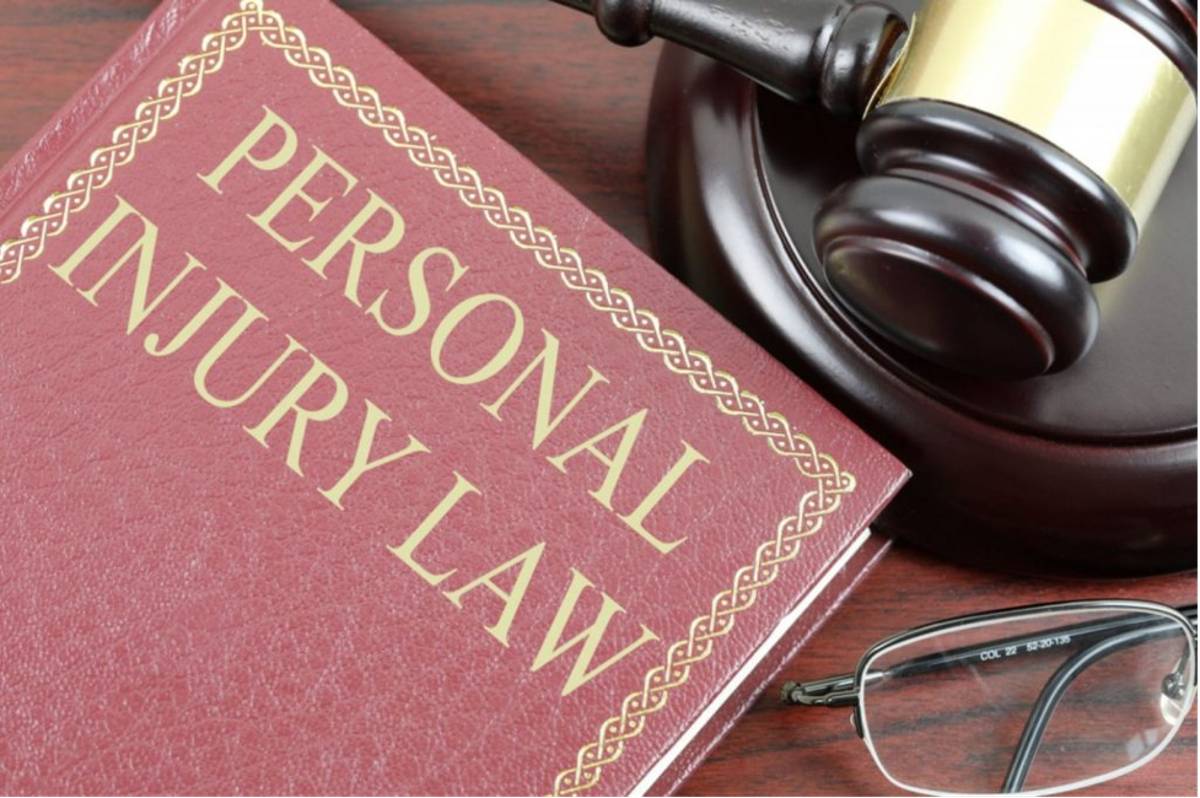When a person suffers an injury due to another party’s negligence or wrongful actions, they may have legal grounds to pursue compensation by filing a personal injury lawsuit. However, rather than undergoing lengthy litigation, between 90 – 95% of personal injury cases are resolved through alternative dispute resolution methods like mediation.
“We have had great success resolving many personal injury claims through mediation,” says a lawyer from The Bruning Law Firm. “It’s a voluntary, confidential process focused on finding mutual agreement. More often than not, our clients walk away satisfied with that approach.”
What is Mediation?
Mediation is a confidential, voluntary process where a neutral third-party mediator helps participants communicate to identify mutually agreeable solutions. Unlike going to court, mediation aims to develop win-win outcomes rather than declare one party the “winner.”
In mediation for personal injury cases like car accidents or medical malpractice lawsuits, the mediator facilitates discussions between the injured plaintiff and the defendant’s insurance company. Through cooperation and compromise, the goal is to settle damages and liability without a judge or jury trial.
The Benefits of Mediation
Pursuing mediation for personal injury disputes carries multiple advantages:
- Faster resolution: Whereas cases can take over a year to get to court, mediation aims to negotiate settlements in weeks or months. This allows the injured party to receive compensation sooner.
- Lower costs: By avoiding formal litigation expenses like attorney fees, court costs, and discovery procedures, settlements via mediation generally cost significantly less for all involved.
- Informal and collaborative environment: Mediation fosters cooperation through open dialogue rather than adversarial legal arguments. Participants are encouraged to listen and understand opposing viewpoints actively.
- Creative solutions: Rather than limited to legal remedies, customized settlements can be tailored to address the parties’ unique needs, like structured payments or formal apologies.
- Preserved relationships: Mediation increases the likelihood of maintaining goodwill after resolution, especially for disputes between family, friends, or ongoing business relationships. Litigation can permanently damage relationships.
- Avoiding the uncertainty of trial: Mediated settlements allow the parties to control the outcome rather than leaving decisions up to a judge or jury. There is no risk of an unexpected or unsatisfactory court ruling.
- Privacy: As the mediation process is confidential, details of the case and any settlement remain private, unlike a public courtroom trial.

The Mediation Process Step-By-Step
While mediation can progress slightly differently depending on the mediator and case specifics, the basic mediation process flows as follows:
- Opening remarks: The mediator outlines the process and establishes guidelines like confidentiality and courtesy norms. Each party then presents its uninterrupted perspective.
- Information exchange: Through joint discussions and private meetings with the mediator, evidence like medical reports, billing records, photographs, and applicable insurance policies are reviewed. Facts are identified, and areas of dispute are clarified.
- Assessing options: With all cards on the table, the mediator helps the participants analyze settlement options using neutral language without pressure or judgment. Open communication builds understanding.
- Resolution: If areas of agreement emerge, the mediator assists in drafting a memorandum of understanding or binding settlement agreement. If the parties remain at an impasse, they may agree to reconvene later or terminate the mediation.
Determining if Mediation is Appropriate
Mediation allows participants to retain control over the outcome rather than putting decisions in the hands of a judge or jury. However, for maximum effectiveness, plaintiffs are required to have confidence in the defendant’s willingness to negotiate fairly and in good faith.
To determine if mediation is appropriate for resolving your case, consult a knowledgeable personal injury attorney. Experienced lawyers can provide guidance based on your situation, claims, and prior efforts to engage the defendant.


